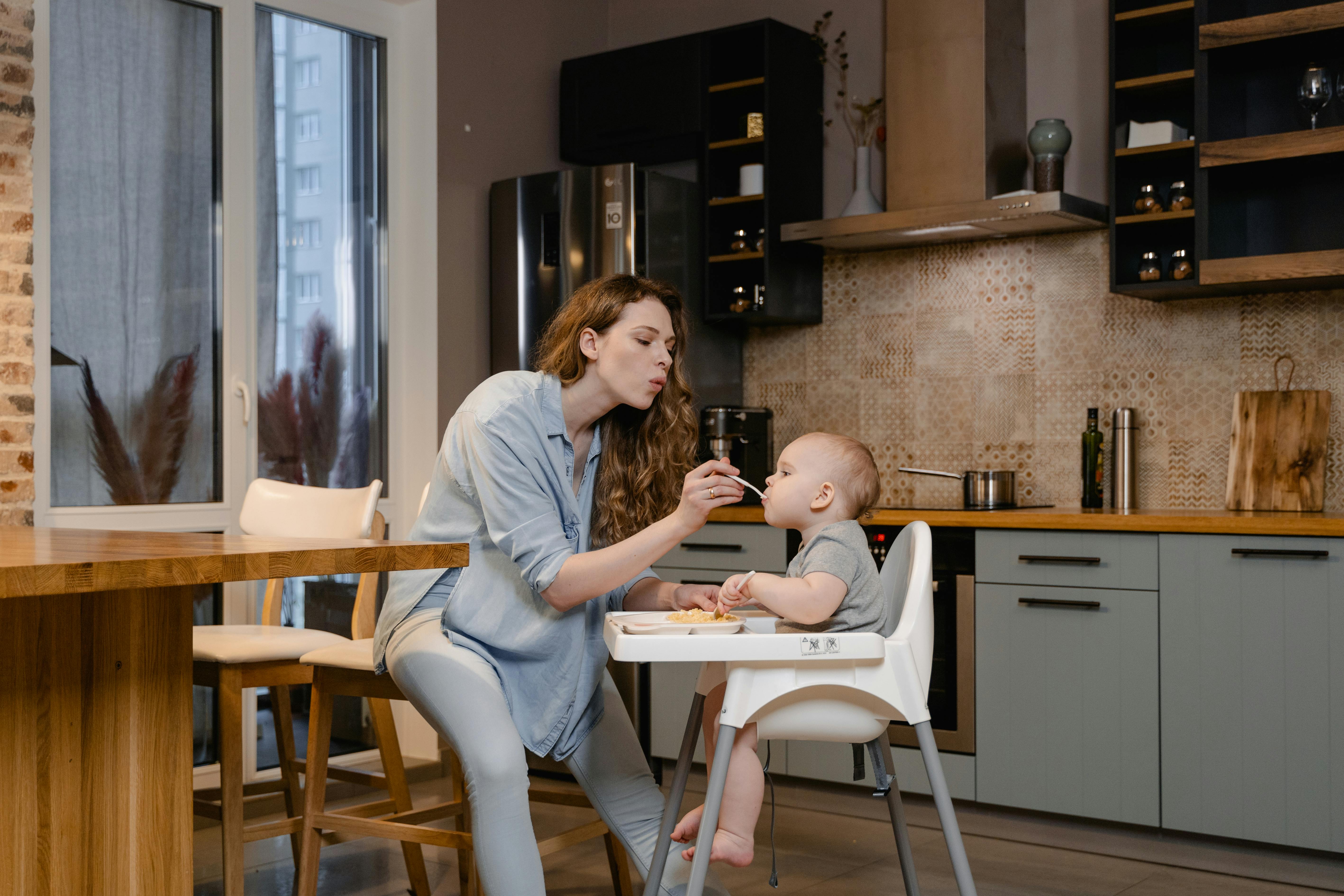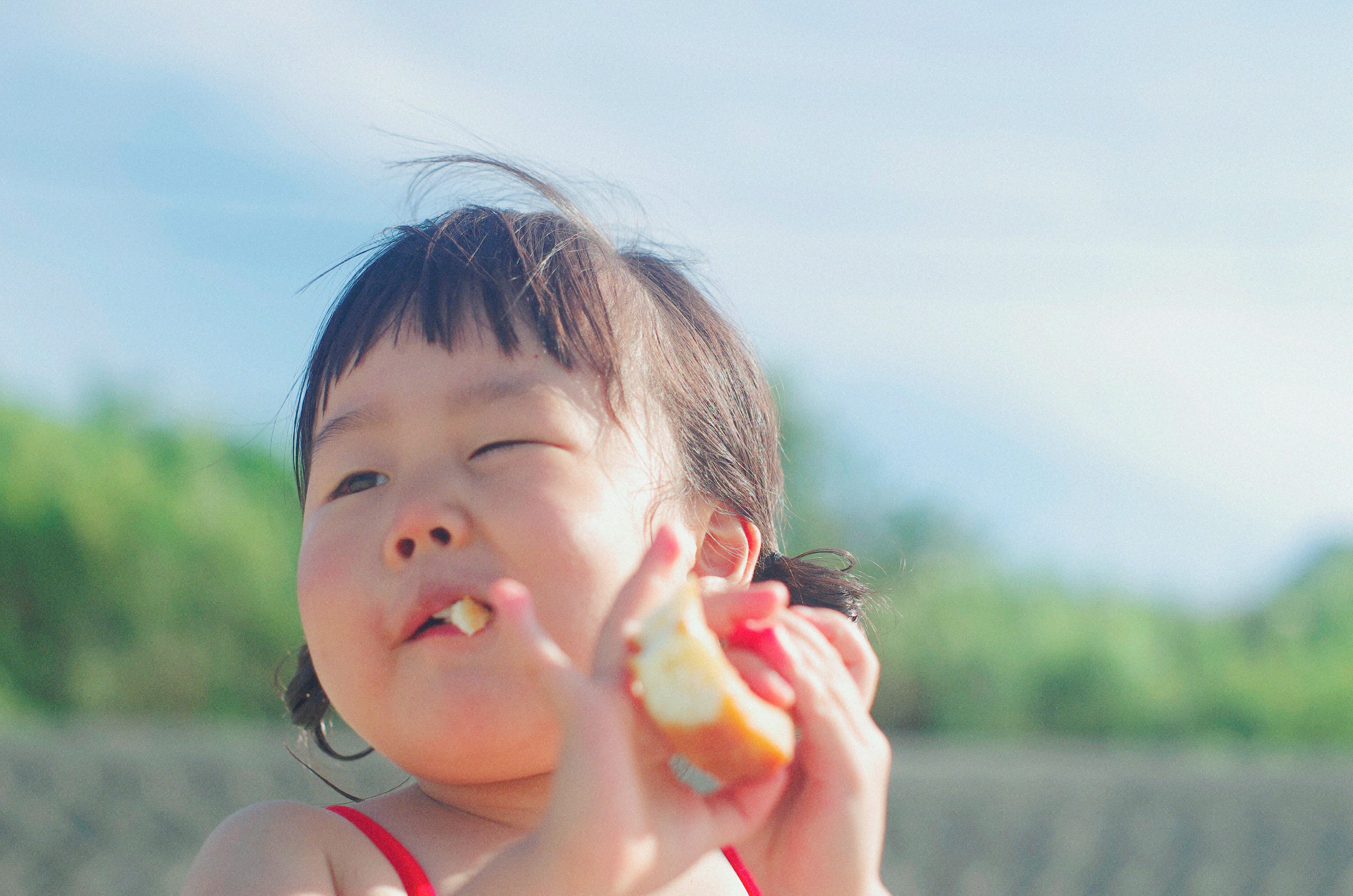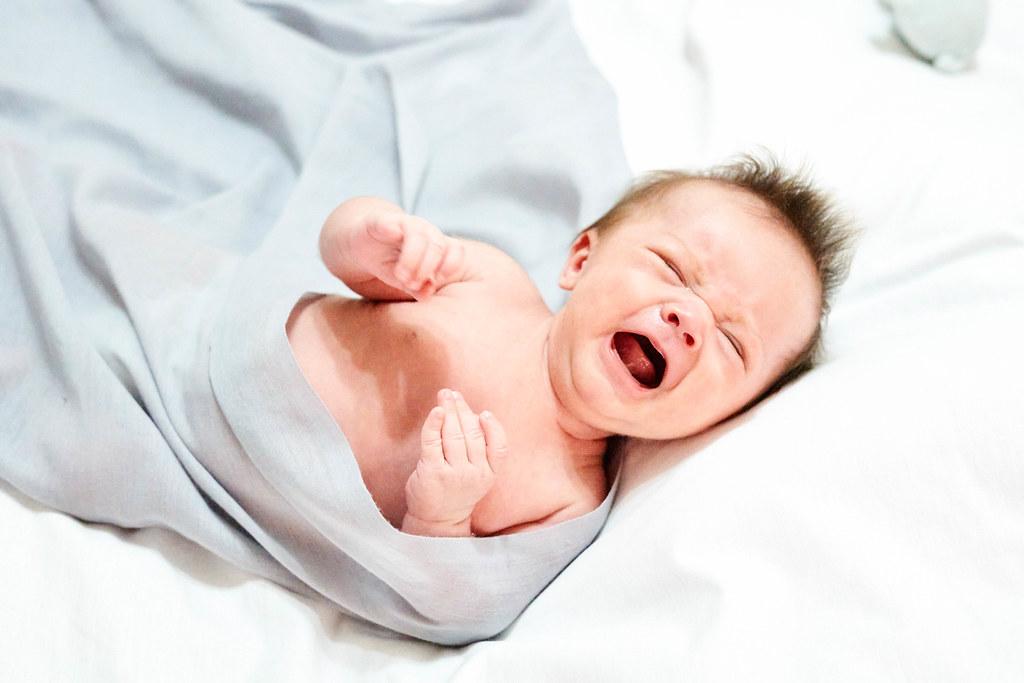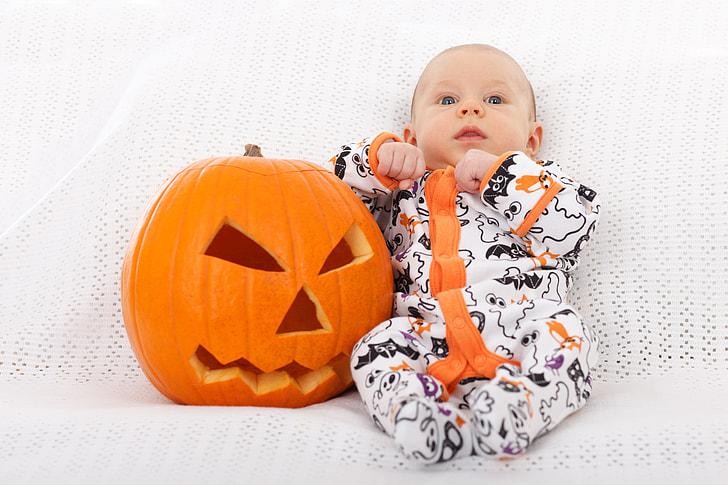When a baby consumes a cigarette, it can be a very serious and potentially life-threatening situation. Cigarette smoke contains hundreds of toxic chemicals, many of which are highly dangerous and can cause serious health problems in infants. In some cases, ingesting a cigarette can even be fatal. It is essential that parents remain vigilant to ensure their baby does not come into contact with cigarettes and that all cigarettes are kept out of reach of children.The risks of a baby eating a cigarette are serious and potentially life-threatening. Cigarettes contain nicotine, which is a highly toxic substance. Ingestion of nicotine can cause symptoms such as vomiting, nausea, abdominal pain, rapid heart rate, dizziness, confusion, and even seizures. In addition to the risks of nicotine poisoning, cigarettes also contain numerous other chemicals that can be hazardous to a baby’s health. Long-term exposure to these chemicals can lead to respiratory illnesses and an increased risk of cancer.
Preventing Baby From Eating Cigarettes
It goes without saying that smoking cigarettes is not a healthy habit, and it’s even more important to keep your baby from coming into contact with cigarettes. Smoking cigarettes can lead to a whole host of health issues, including cancer and respiratory illnesses. It’s important to ensure your baby is safe from any potential risk of exposure to cigarettes. Here are some tips for keeping your baby away from cigarettes:
1. Keep cigarettes stored in an inaccessible place. Make sure that all tobacco products are kept out of the reach of children, or locked away in a secure location.
2. Educate your family members about the dangers of smoking around young children. Ask them to refrain from smoking in areas where your baby may be present, such as the living room or kitchen.
3. Monitor your baby’s environment for any signs of cigarette smoke or ash, as well as any discarded cigarette butts or lighters.
4. If you smoke, avoid smoking in the same room as your baby and always wash your hands after smoking to prevent secondhand smoke exposure and residue on clothing or objects that may come into contact with your baby’s skin or mouth.
5. Consider using a nicotine replacement therapy product such as nicotine gum or patches instead of smoking traditional cigarettes, which can help reduce the amount of secondhand smoke exposure for both you and your baby.
By taking these simple steps, you can ensure that you are doing everything possible to keep your little one safe from the potential risks associated with cigarette smoke exposure.
What Should I Do If My Baby Accidentally Eats a Cigarette?
If your baby has accidentally eaten a cigarette, it is important to seek medical attention immediately. Cigarettes can contain toxic ingredients such as nicotine and other substances that can be harmful to babies and young children.
The first thing you should do is call your doctor or take your baby to the emergency room for evaluation. Your doctor will be able to determine the amount of nicotine ingested and if any other toxic substances were present. Depending on the amount of nicotine ingested, your baby may require hospitalization and close monitoring for any possible complications.
Once at the hospital, doctors will likely perform tests to assess any potential damage caused by the ingestion of the cigarette. This includes blood tests, urine tests, and X-rays. Treatment may also include activated charcoal or intravenous fluids.
In addition, it is important to ensure that your baby does not have access to cigarettes or other tobacco products in the future. Make sure all cigarettes are stored in a locked cabinet or safe area so that they are out of reach of small children and pets.
It is also important to talk with your child about the dangers of smoking cigarettes and why it is important for them not to eat them or put them in their mouths. Children may be curious about cigarettes, so it’s important for parents to educate their kids about why they should never eat them or put them in their mouths.
Signs and Symptoms
If you suspect your baby has eaten a cigarette, it is important to look out for signs and symptoms. These can include coughing, wheezing, shortness of breath, extreme fatigue, nausea and vomiting. If your baby exhibits any of these symptoms after eating a cigarette, it is important to seek medical attention immediately.
Toxic Effects
Cigarette smoke contains many chemicals that are toxic to humans. Nicotine is one of the most dangerous substances found in cigarettes and can have a wide range of effects on the body. In babies, nicotine can cause serious damage to the developing nervous system as well as interfering with normal development. It can also cause respiratory problems, such as asthma or chronic obstructive pulmonary disease (COPD).
Diagnosis
If you think your baby has eaten a cigarette, it is important to seek medical attention right away. Your doctor will be able to diagnose the problem by taking a detailed history and conducting physical examinations. He or she may also order tests such as blood work or an X-ray to check for any signs of toxicity from nicotine exposure.
Treatment
If your baby has ingested a cigarette, the treatment will depend on how much nicotine was consumed and how quickly it was detected. In some cases, doctors may prescribe medications that help reduce the effects of nicotine on the body or reduce withdrawal symptoms if they occur. In more severe cases where there are signs of toxicity from nicotine exposure, more intensive treatments may be necessary including hospitalization or oxygen therapy.
What Are the Symptoms of a Baby Eating a Cigarette?
When a baby consumes cigarette, the symptoms that usually occur can range from mild to severe. The most common symptom is nausea and vomiting, which may be accompanied by abdominal pain. The baby may also experience diarrhea and excessive saliva production. In some cases, the baby may become disoriented or confused and have difficulty breathing. If the cigarette contains nicotine, the baby may experience seizures or even go into cardiac arrest. In extreme cases, coma or death may occur.
It is important to seek immediate medical attention if you suspect that your baby has consumed any type of cigarette product. A doctor will be able to assess the symptoms and provide appropriate treatment. The doctor may also perform tests to determine if there are any further complications due to nicotine poisoning or other toxins in the cigarettes.
It is important to keep cigarettes and other tobacco products out of reach of children at all times. Children should also never be left alone with cigarettes, as they are at risk of ingesting them accidentally. If you think that your child has consumed a cigarette, seek medical advice right away for proper diagnosis and treatment.

Eating Cigarettes and Long-Term Health Problems for Babies
The consequences of eating cigarettes can be extremely serious, especially for babies. Cigarettes contain substances like nicotine, tar, and carbon monoxide that can be toxic to a baby’s developing body. In addition to these toxins, cigarettes also contain a variety of other chemicals that can be dangerous to babies.
In the short-term, ingesting cigarettes can cause vomiting, nausea, abdominal pain, and difficulty breathing. In more extreme cases it can lead to seizures or even death. It is important to note that it is not just the toxins in the cigarette that pose a risk; the smoke itself can be toxic as well. Inhaling second-hand smoke from cigarettes can cause respiratory problems in infants and young children.
In terms of long-term health problems associated with eating cigarettes by babies, there is still much unknown about the effects on their health later in life. However, research has shown that smoking during pregnancy increases the risk of having a baby with low birth weight and increases their risk of developing asthma or other respiratory illnesses in infancy. Some studies have also found an increased risk of sudden infant death syndrome (SIDS) in infants whose mothers smoked during pregnancy.
It is clear that eating cigarettes carries serious risks for babies. Parents should take extra precautions to ensure their children are kept away from cigarette smoke and any other harmful substances. It is important to seek medical attention immediately if your baby has ingested any cigarette products as the effects could be life-threatening.
Preventing Cigarette Exposure
One of the best ways to prevent your baby from ever coming into contact with cigarettes is to create a smoke-free home. This means that any adults living in the home should not smoke inside the house, and that visitors should also be asked to refrain from smoking inside. If you do smoke, it’s important to keep all cigarettes and ashtrays out of reach of your baby, and to always wash your hands after smoking. When outside of the home, it’s important to be aware of your surroundings and make sure that there are no smokers nearby when you are with your baby.
Discouraging Smoking
If you or someone in your family smokes, it is important to set a good example for your baby by quitting. If quitting isn’t an option, talk with them about the risks of smoking and explain why it is not safe for babies to be around cigarette smoke. Also make sure that they understand not to ever leave cigarettes within reach of young children or babies. If you have visitors who smoke around your baby, kindly inform them about the risks associated with second-hand smoke and ask them to step outside when they need a cigarette.
Educating Others
Finally, don’t forget to educate others about the dangers of exposing babies and small children to cigarette smoke. Remind them that any amount of exposure can be dangerous for young children and babies and that secondhand smoke can linger in fabrics and carpets for hours after someone has smoked inside a room. By educating those around you on these risks, you can help prevent future incidents involving cigarettes and babies.
Are There Any Alternatives to Smoking Around Babies?
Smoking around babies is a major risk to the health and safety of infants. It can cause serious respiratory illnesses and other health problems. Parents who smoke should take every precaution to avoid exposing their baby to secondhand smoke. One way to reduce the risk is by finding alternatives to smoking around babies.
One alternative is for parents who smoke to quit smoking altogether, as this will eliminate the risk of secondhand smoke exposure for their baby. Quitting smoking may be difficult, but it can be done with the help of resources such as counseling or nicotine replacement therapy.
Another option is for parents who smoke to switch to a less toxic form of tobacco, such as e-cigarettes or heat-not-burn tobacco products. These products have been shown to produce fewer toxins than traditional cigarettes, though they still contain nicotine and other chemicals that can be harmful when inhaled by babies.
Parents who cannot or do not want to quit smoking entirely can take additional precautions when smoking around babies, such as always smoking outside and away from windows and doors, avoiding taking their baby with them when they smoke, not allowing anyone else to smoke in the house or car, washing their hands thoroughly after smoking, and changing clothes if they have been exposed to secondhand smoke.
Parents should also make sure that any toys, furniture, or other items that could come into contact with secondhand smoke are washed regularly and kept away from areas where people are smoking. Additionally, it’s important for parents who smoke not to leave cigarettes or ashtrays accessible in areas where their baby may find them.
By taking these measures and finding alternatives like quitting smoking altogether or switching to less toxic forms of tobacco, parents can reduce the risks associated with exposing their baby to secondhand smoke.

Conclusion
If a baby eats a cigarette, the consequences can be severe. Depending on how much of the cigarette was consumed, it could lead to nicotine poisoning and even death. It is important for parents and caregivers to be aware of this potential hazard and to keep cigarettes out of reach of children at all times. If a baby ingests any amount of cigarette, it is important to seek medical attention right away in order to ensure the health and safety of the child.
Overall, eating a cigarette can have serious consequences for an infant’s health, so it is important to be extra vigilant when it comes to keeping cigarettes away from children. Parents and caregivers should always take extra precautions when it comes to preventing babies from accessing cigarettes or any other potentially hazardous substances.




